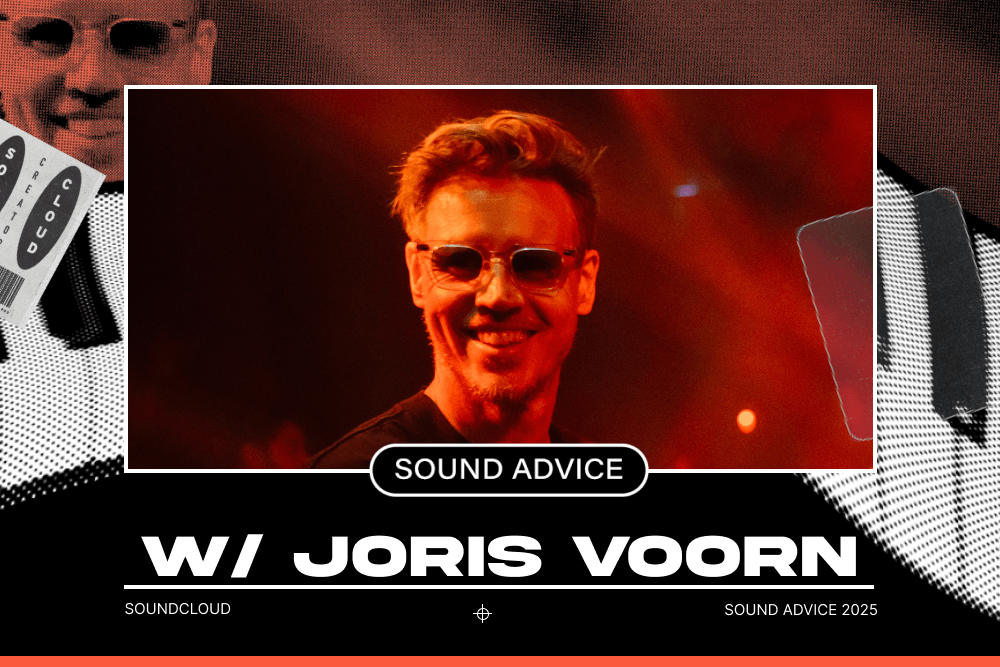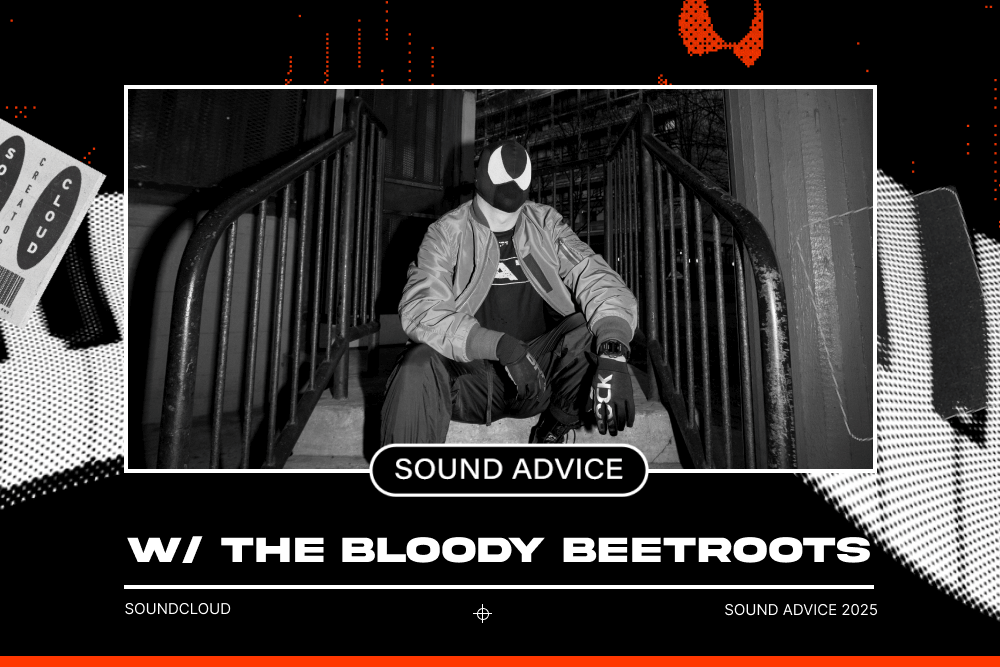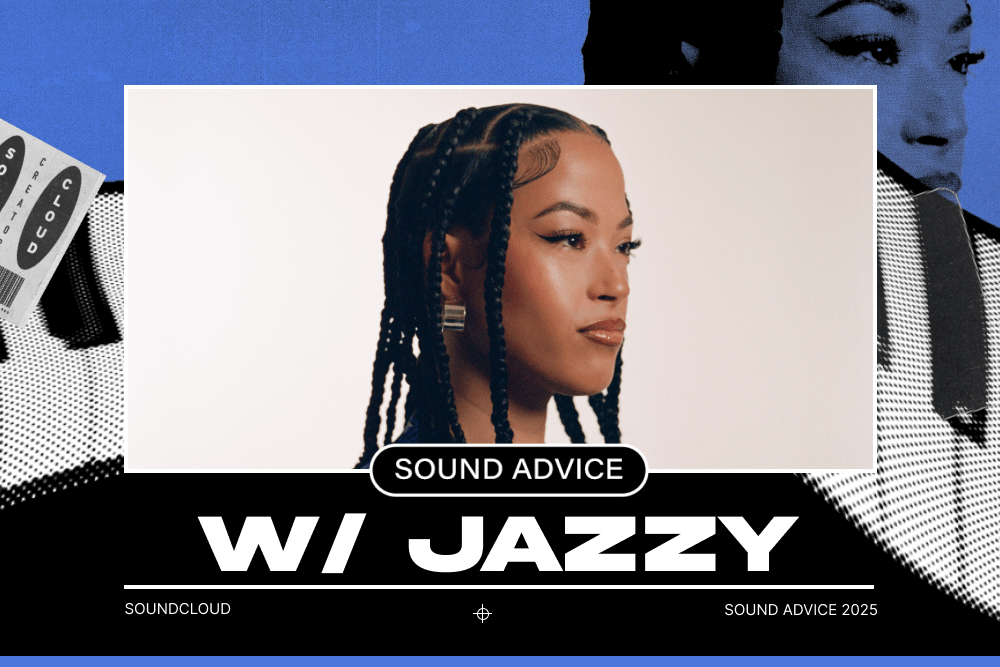Co-founder Kelcey Ayer on getting the most out of the studio, collaboration and making two new albums at once.
Welcome to Sound Advice, the weekly interview series spotlighting artists’ creative process and their SoundCloud journey. We’ll get the inside knowledge straight from the source on how musicians, producers and creatives are leaning into the many facets of Next Pro to reach their audience and grow their careers.
SoCal indie rock darlings Local Natives have been working tirelessly since even before the release of their buzzy debut, ‘Gorilla Manor,’ in 2009. Born out of the ashes of two Orange County outfits, Cavil at Rest and Through the Heart, the Natives have now been playing music together in some shape or form for almost two decades and six albums, with over 506 tracks on SoundCloud and nearly 5 million followers on the platform. Their most recent full-lengths, 2023’s ‘Time Will Wait for No One’ and this year’s ‘But I’ll Wait for You’ (released April 19), are sister albums that tell heartfelt stories about everything the group went through in the pandemic and beyond, musing on the passing of time, touring and relationships with the poignant songwriting and memorable melodies that have made them a legion of fans. We talked to Local Natives’ co-founder Kelcey Ayer (who just announced he’s leaving the band) about the making of their new record, the interplay between live shows and studio songwriting and how to choose a record producer. Check out part two of this interview, which contains tons of creative ideas and tips on how to use SoundCloud to grow your fan base.
You’ve worked with quite a few different producers now, like Aaron Dessner from The National and John Congleton. Can you give some examples of what they brought out in the band or how they shaped the records?
We worked with Aaron Dessner on ‘Hummingbird,’ our second record; that was the first time we’d actually worked with someone to help shape the record and the songs from the jump. Aaron ended up taking on this big brother role; he had been in a successful band for many years at that point, and had produced many other people’s records. We were trying to figure out how to use our own voice while allowing him into our circle to give his opinion. We learned so much from Aaron, and he definitely felt like a hands-on person and we were part of a team. Years later, we worked on ‘Violet Street’ with Shawn Everett, who is a wild genius who has produced amazing records with Kacey Musgraves and The War on Drugs. His whole vibe was just like “super creativity cranked to 11, then break the knob off.” His idea was for us to always be creating and just explore the space and just try every single thing you can think of; if you need to switch up a song and totally flip it on its head, go for it. We loved his attitude, which was that there’s no wrong answers. There’s never any reason to have shitty vibes in the studio because there’s no real problems ever – it’s just about figuring out the path forward or what you want to create and what you want to say.
Then, we went to John Congleton, which was going from complete insanity 24/7 to way chilled out, way more sitting back and taking things in. I think Shawn would feel like you can solve everything in the recording process and take any sort of song idea and morph it into something beautiful, but John believed very strongly that the feeling of the song should be strong and stand on its own, even with a couple guys on a guitar and a piano. That was the way we’d always come to write our songs, seeing if we can get them distilled into just a couple elements that make sense and feel good. John took us back to that and I think it really helps to create songs that can really stand on their own – wherever you go aesthetically, it’s a fun experiment because you have the solid structure there.
Learn more about promoting your music on SoundCloud.
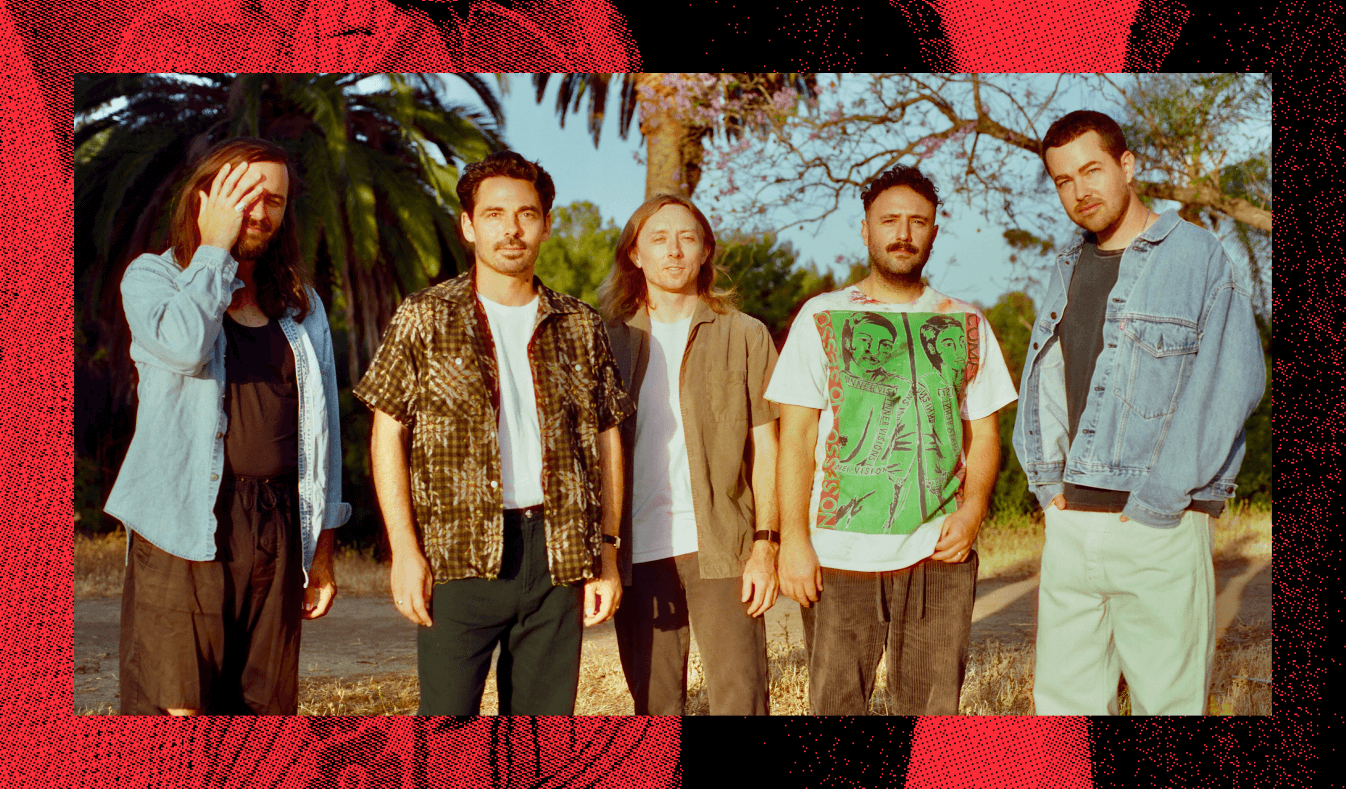
What are some things you have learned in general, about either picking a producer or working with producers?
It’s totally understandable to be freaked out because you’re so precious about this piece of art that you’ve created that comes from your soul; you’ve never been more vulnerable in your life than in creating these songs and trying to figure out a way to show them to people. Every producer has their own style and there’s not really a wrong way to go. It’s just about the chemistry between their style and your style. There’s amazingly talented people out there who have skill sets that are different from yours and can really help you do the thing you’re envisioning in your head. Just trust your gut. It’s important to know that even if someone has the most insane resume, it doesn't mean they're going to be a great fit for you. If a producer hasn’t done anything big before, but they’re obviously talented and you get along great, then that’s not a bad option either. And you have to find a way of communicating and speak up – there’s so many times where I’ve been in a situation that I didn’t speak up and then I come to regret it later. Just be honest, and try to tamper your ego as much as possible. I would also say just have fun, because there’s no point in beating yourself over the head for this process. This is like the most amazing opportunity – if you can do music for a living, that’s like winning the lottery. So have fun doing it. Things can be easy if you allow them to be but sometimes you gotta learn the hard way.
Learn more about monetizing your music on SoundCloud.
How do you use SoundCloud as a band to organize demos or music?
SoundCloud is such an easy platform to use and it feels like we use it all the time to do the back-end stuff like share demos or music and remixes. It is hard to keep track of everything, especially because it was a sprawling few years working on these albums. We would kind of be finishing some songs then moving on to some more and we got into a really good flow. We’re just in constant communication with each other.
Learn more about organizing your music on SoundCloud.
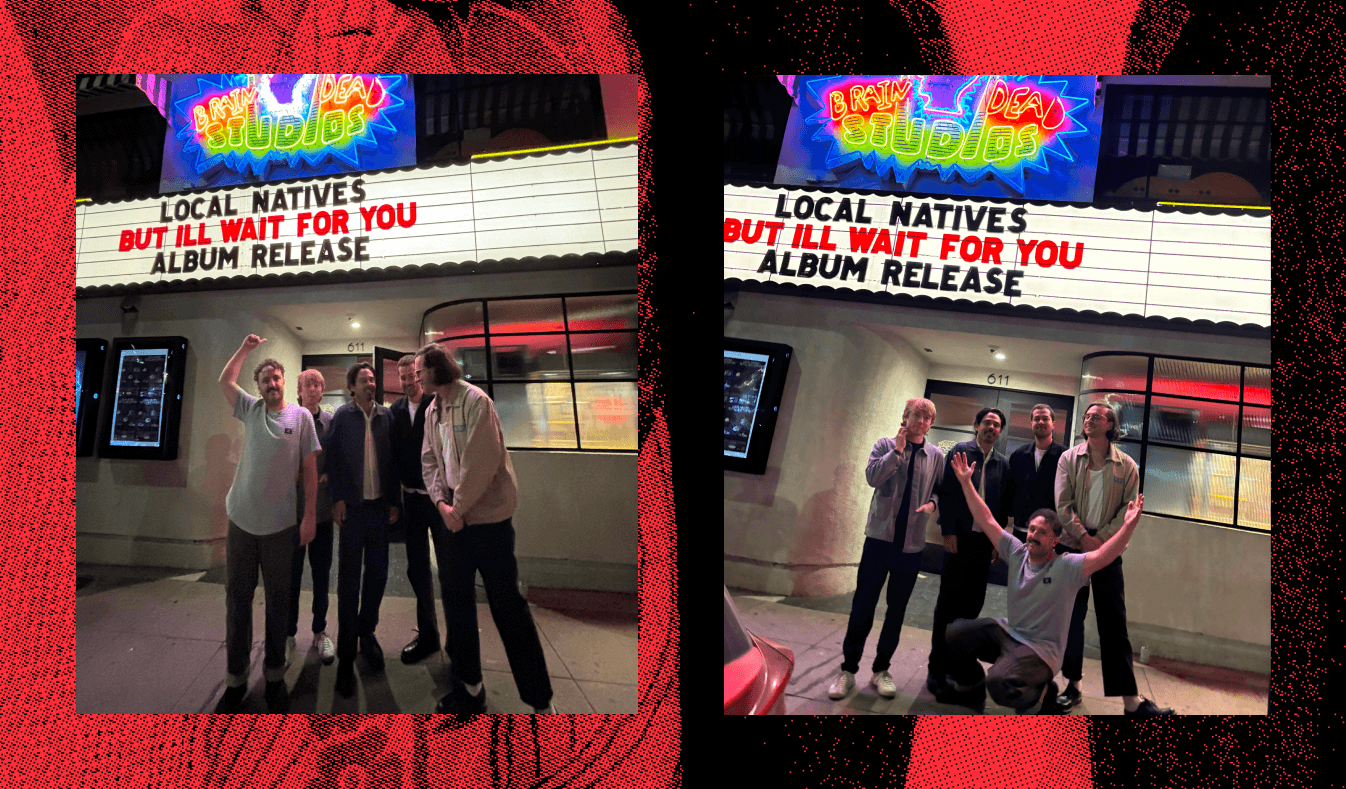
What are some tours or live shows that really influenced you as a band?
LA shows are always super celebratory. It really feels like our home base and the place where we really cut our teeth and figured out what we wanted to do. We got to do a three-show residency back-to-back at the Hollywood Forever Cemetery where we got to go through our catalog and play songs that we had never played before; that kind of thing only feels right in Los Angeles, where we’re from. It was hard during the pandemic to not play. We basically have been on the road or in the studio for 11 years straight. It felt really tough to not be able to use that muscle and I think it took us a minute to get it back up and working again. Anything you do a lot for a long time, you take it for granted and lose a little bit of the spark and luster of how amazing playing live shows can be. Our first show back was at the Greek Theatre in Los Angeles in August 2021. That was the first show back for a lot of people and a hometown show so it’s an understatement to say that it was the most magical experience I’ve had as an artist.
Does thinking about playing live influence your writing in the studio?
At this point, when we write songs, we can imagine how they’ll be live but we never let that hold us back from any creative move. I feel like whenever you play a song live it takes on a new life of its own and evolves from there. Some of the songs from ‘Gorilla Manor’ we're playing pretty differently live these days. I think you can use playing live as an inspiration. We try all the time to write a rock song that feels as bombastic and feels as good live as “Sun Hands.” And we haven’t. We’ve failed. But it’s fine. Sometimes it leads to other things like wanting something at a faster tempo. We were the wedding band at my bandmate Ryan’s wedding and we played a bunch of covers of his favorite songs. He watched us play a Strokes song and was like “I want Local Natives to have something faster like that” and that’s how he came up with “NYE.” So live playing definitely comes into the mix of writing and sometimes gives us a reason to do something fun we haven’t done before.
To discover additional features a SoundCloud Next Pro subscription offers, visit here. Click here to follow Local Natives and their journey on SoundCloud.




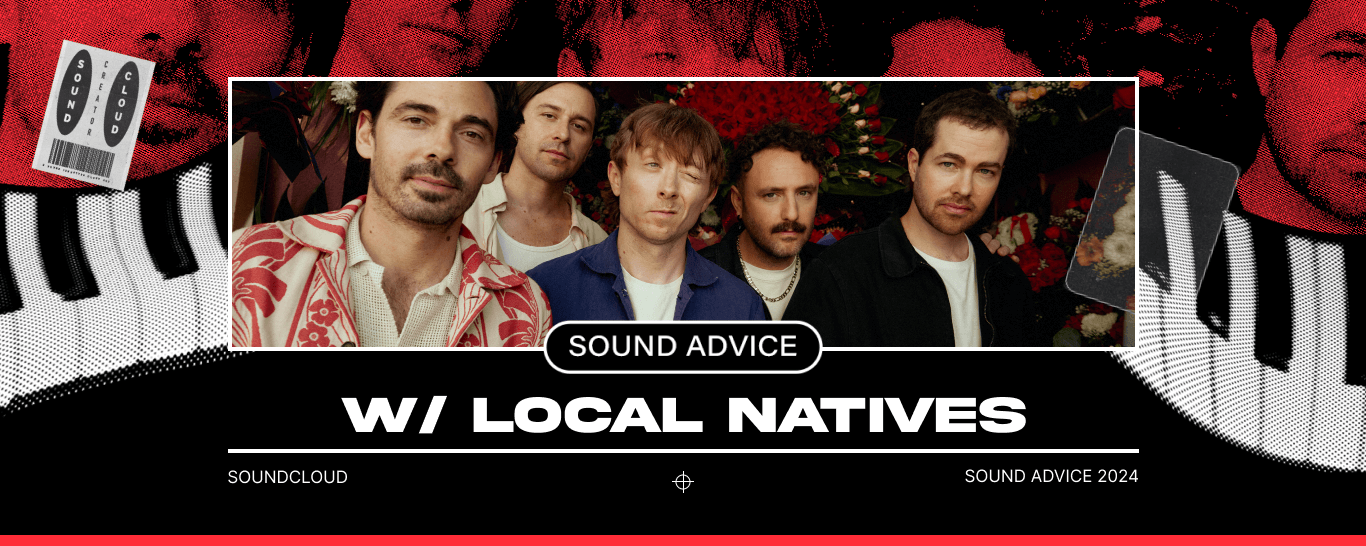

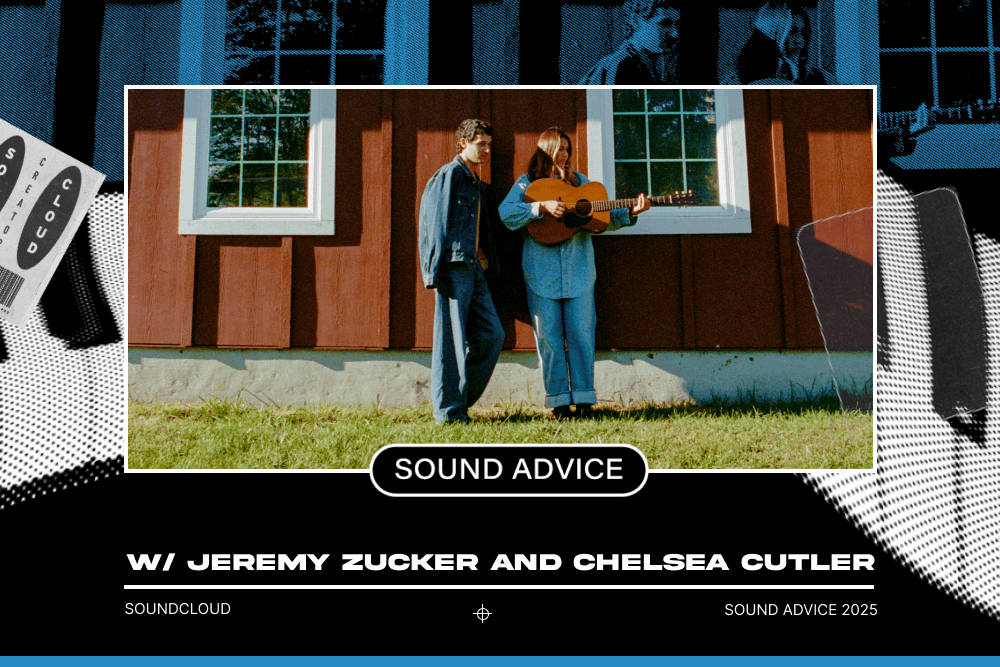
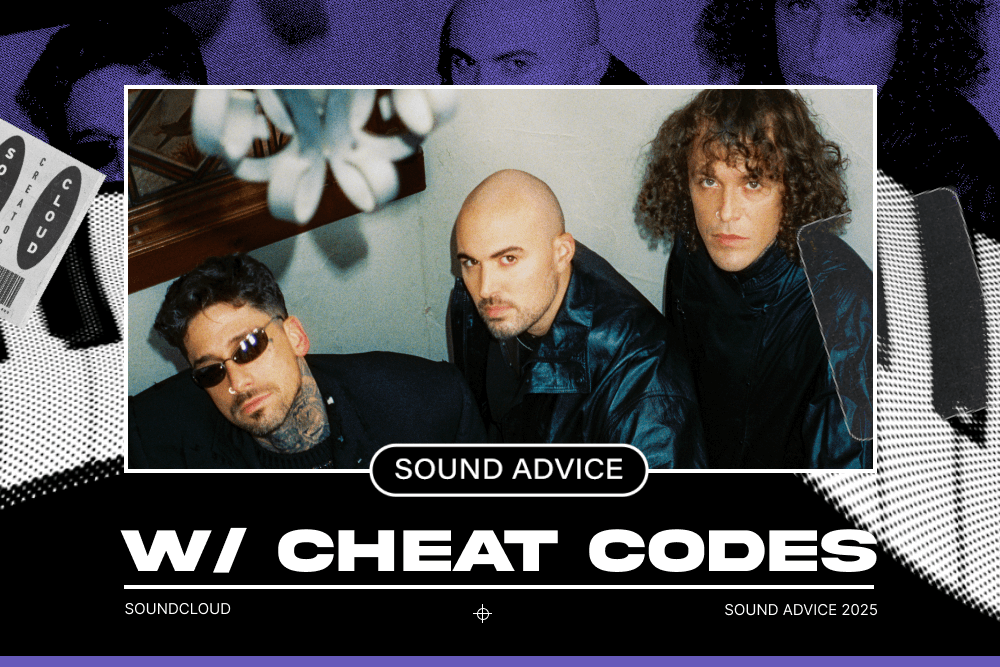


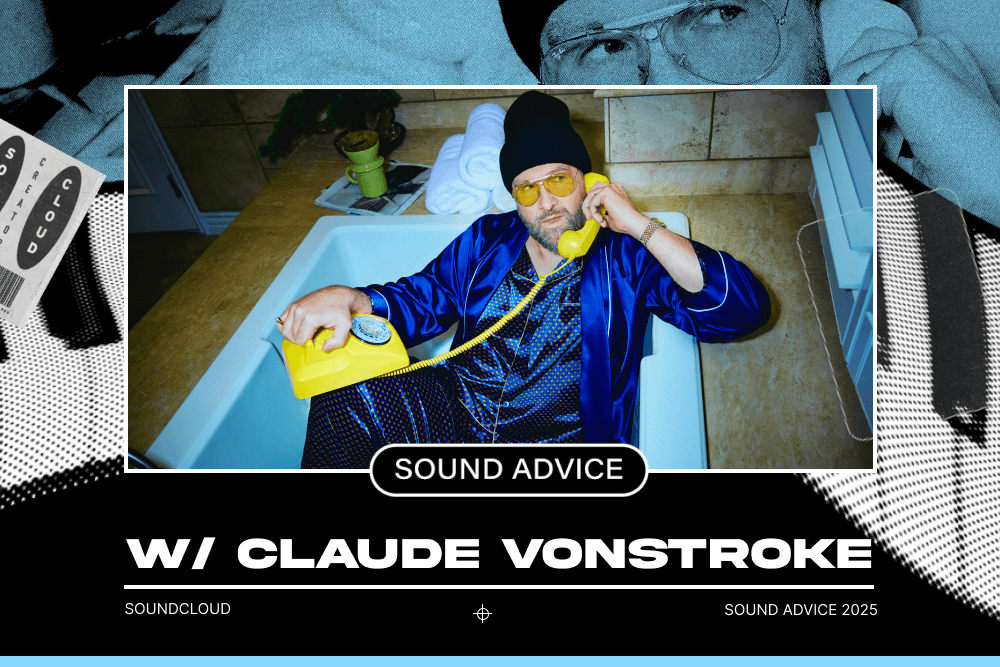
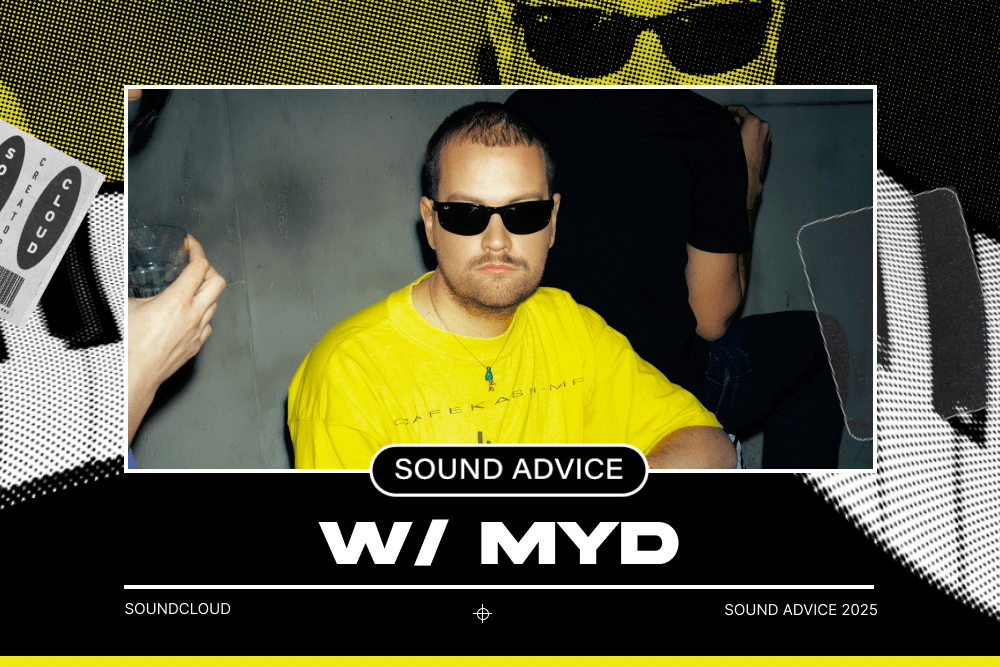

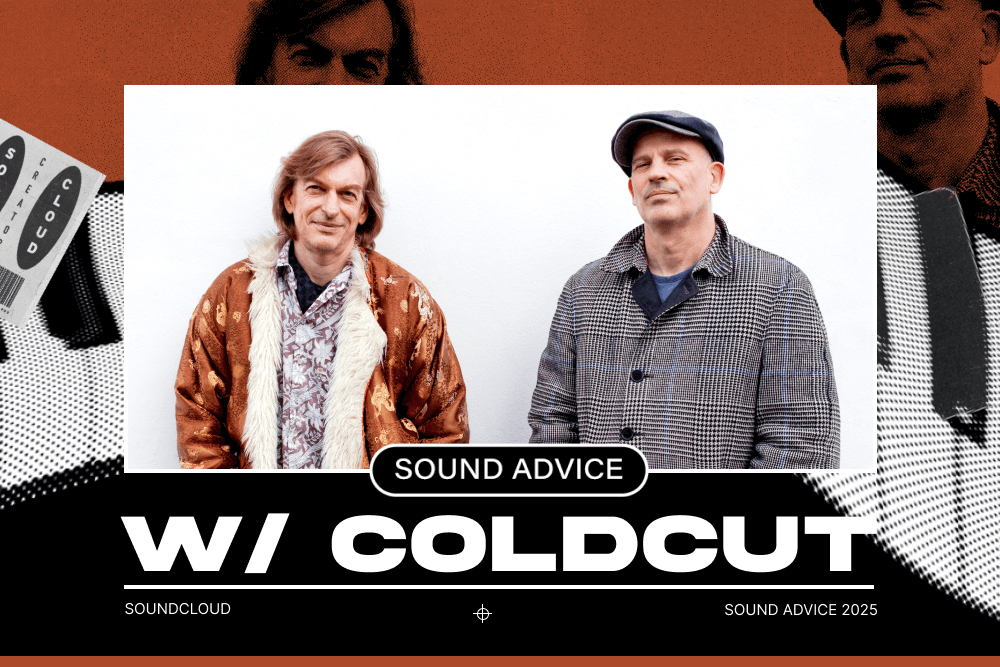


.png)



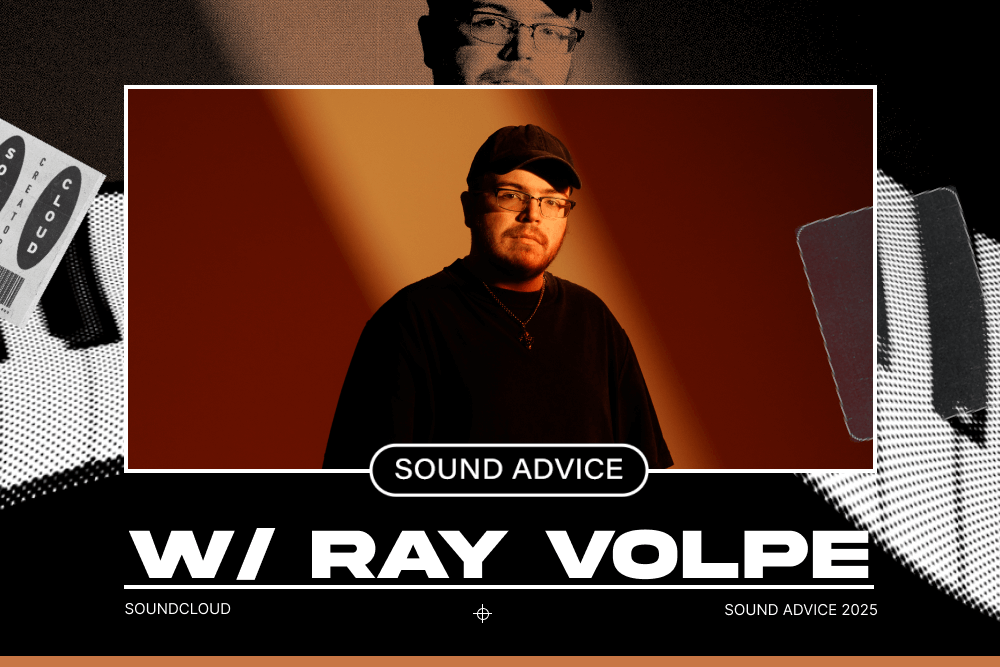










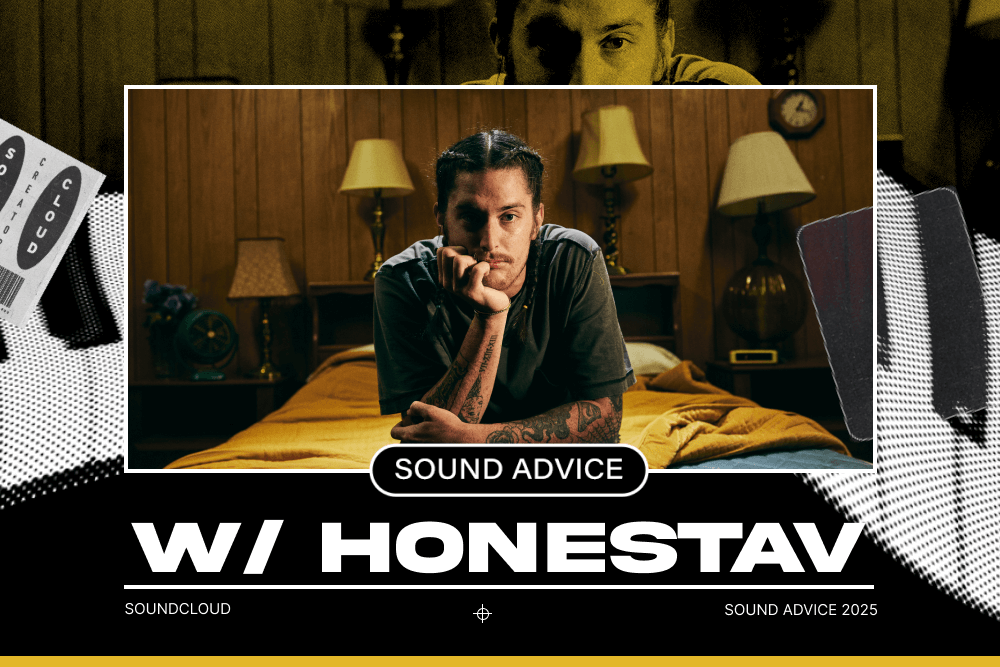

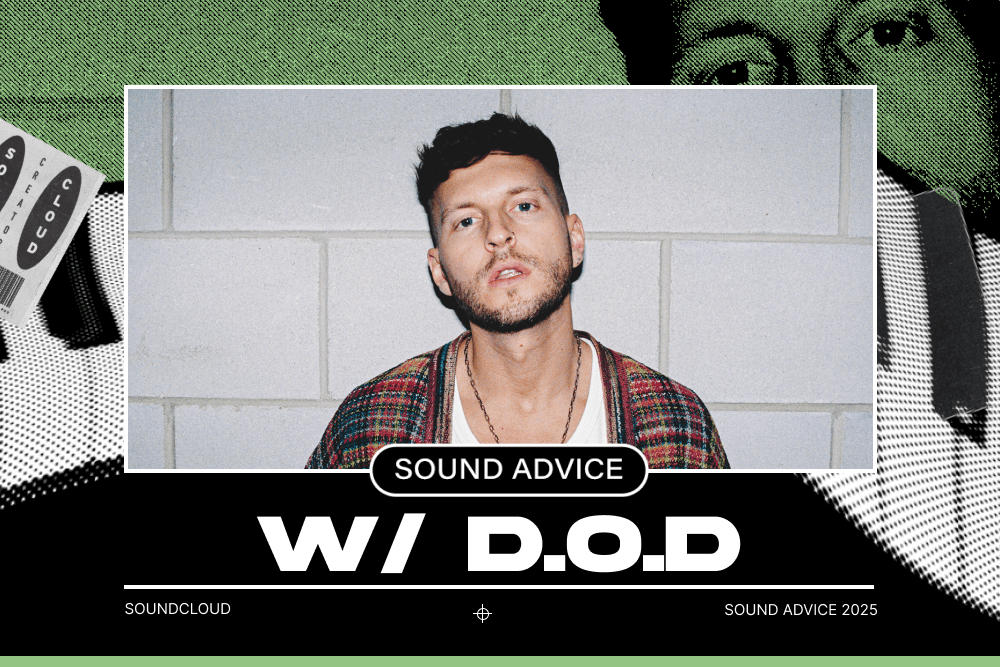
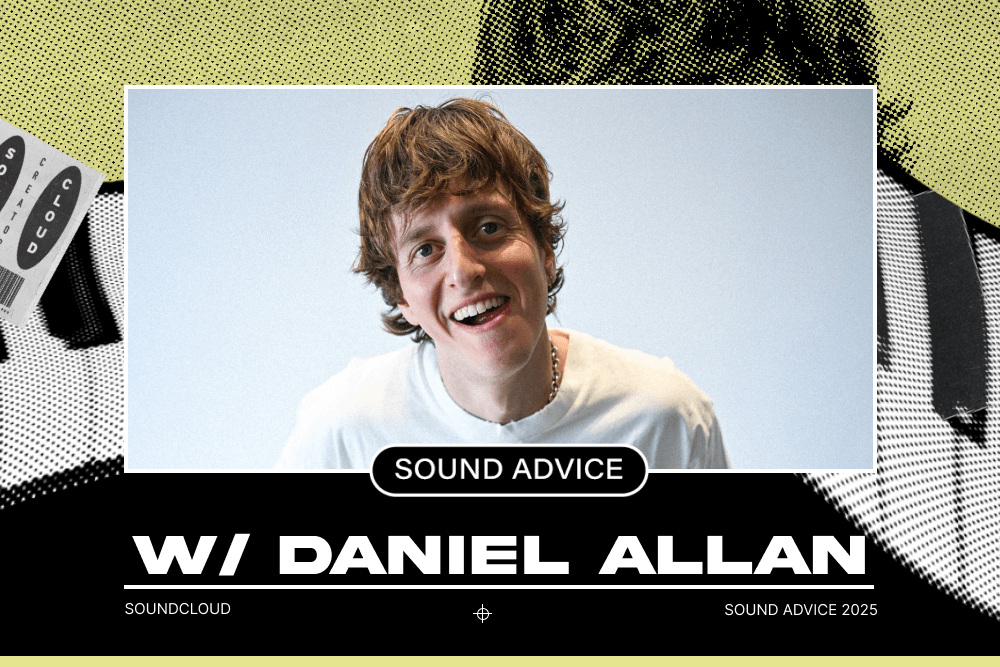
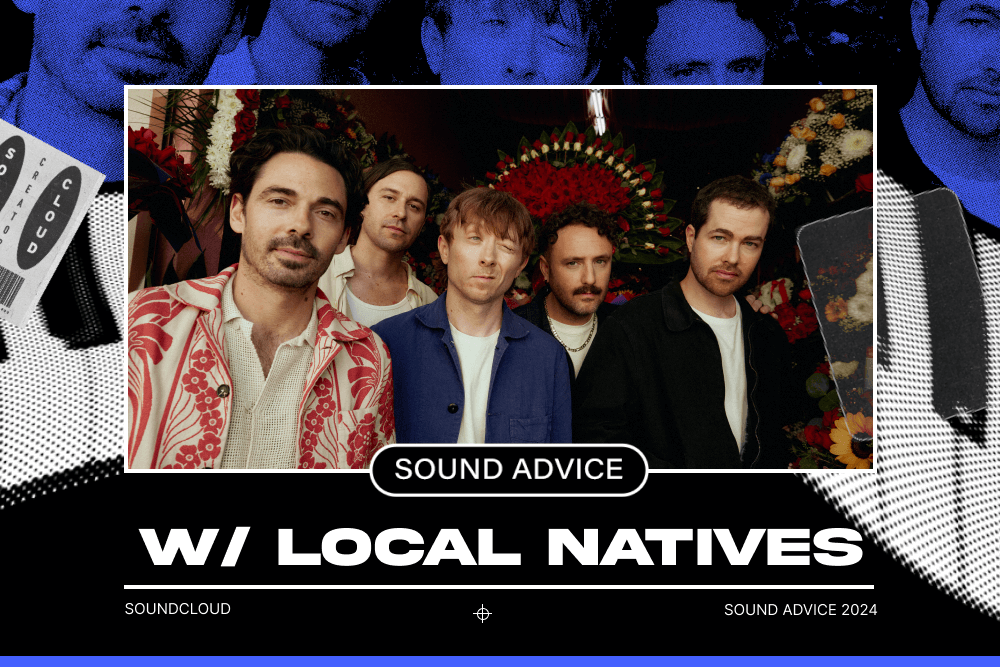

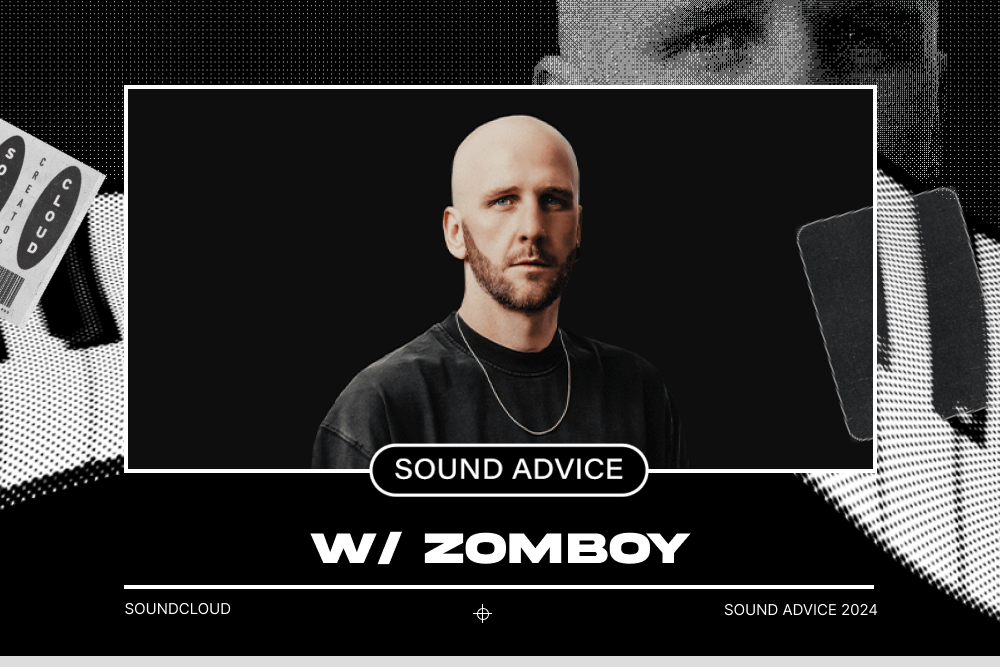
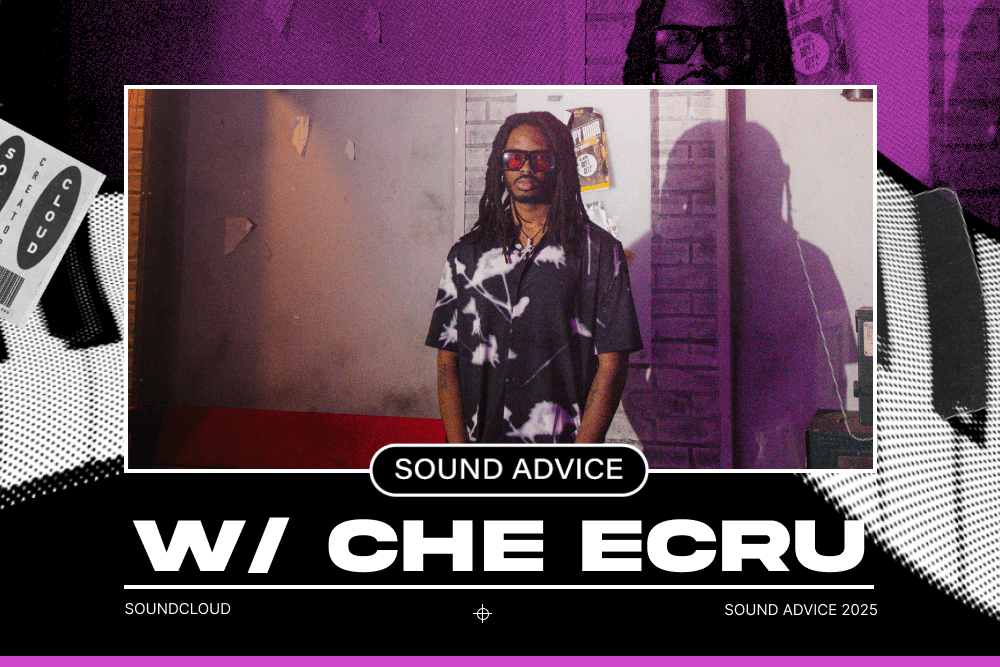



.png)



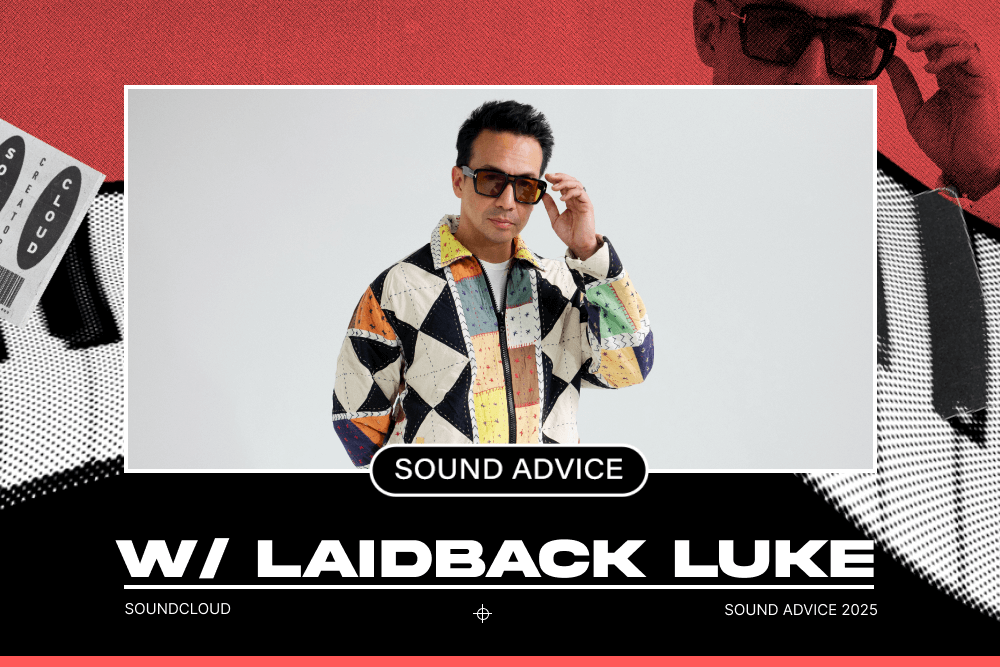

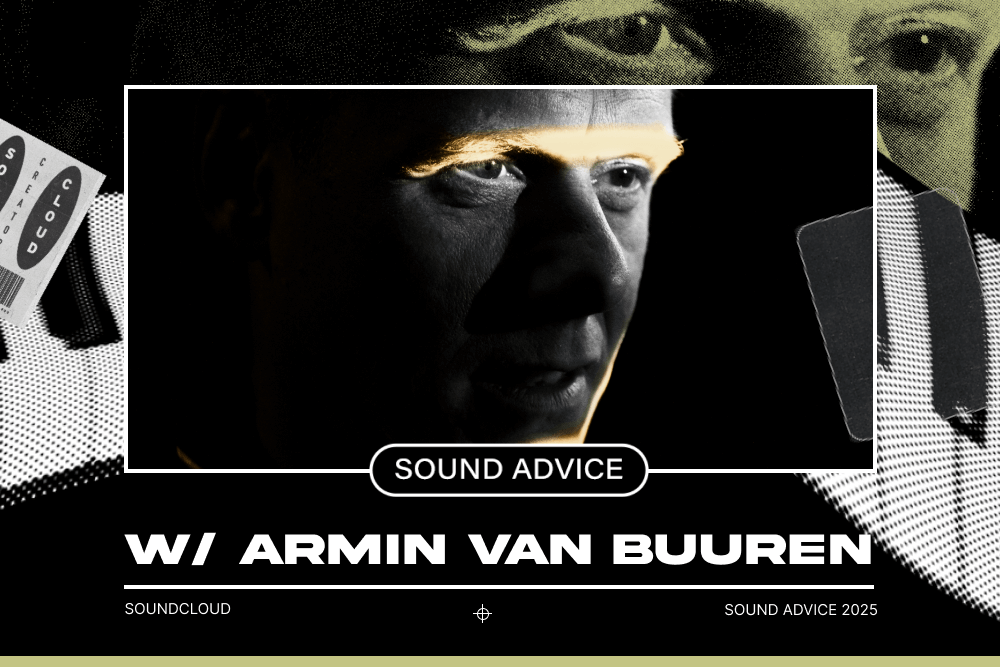
.png)
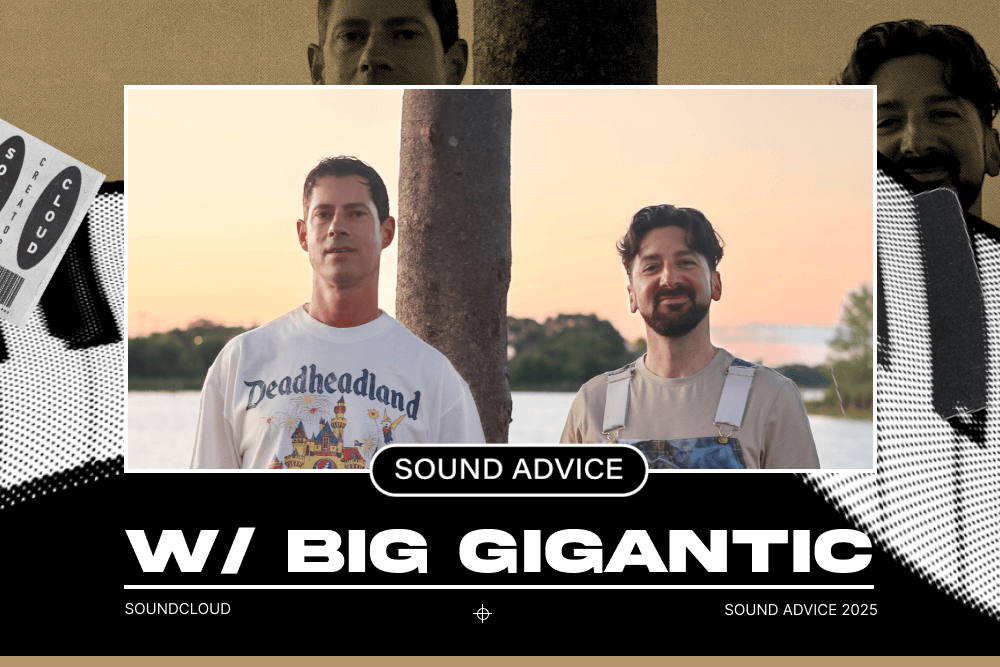
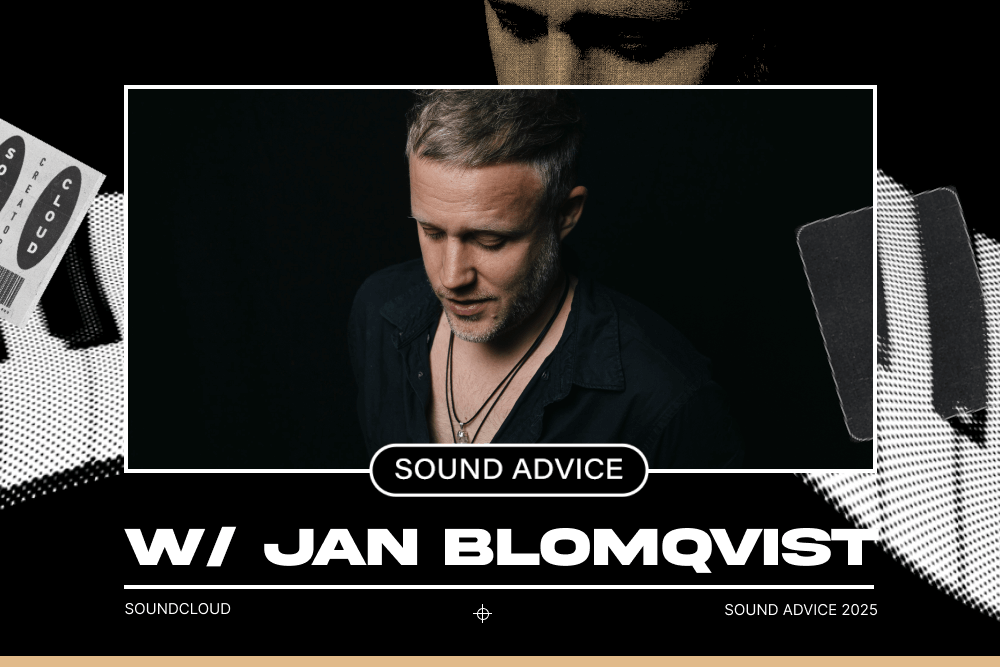
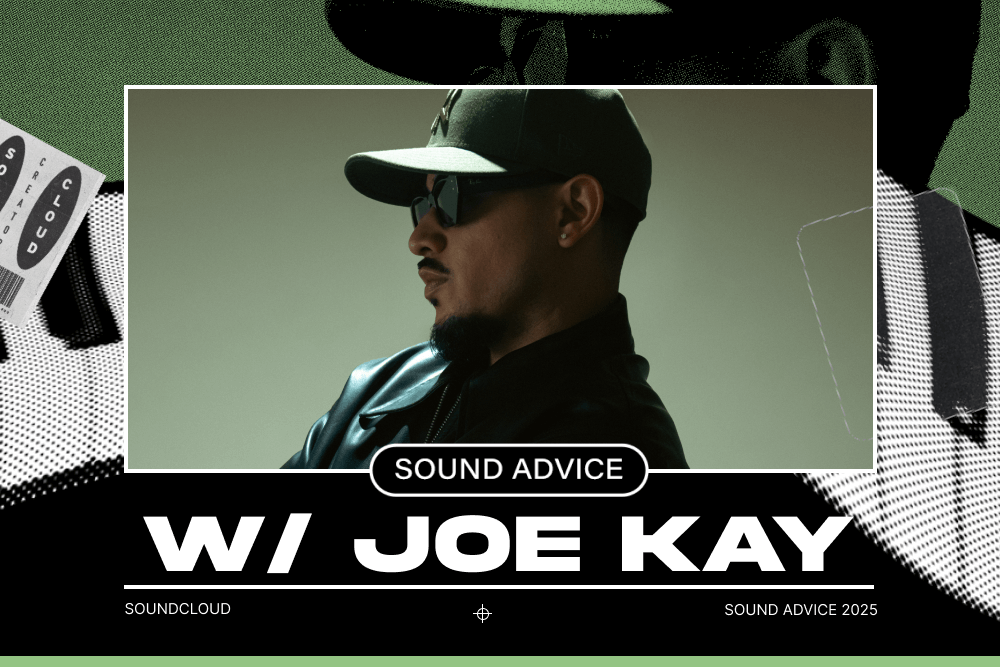



.png)


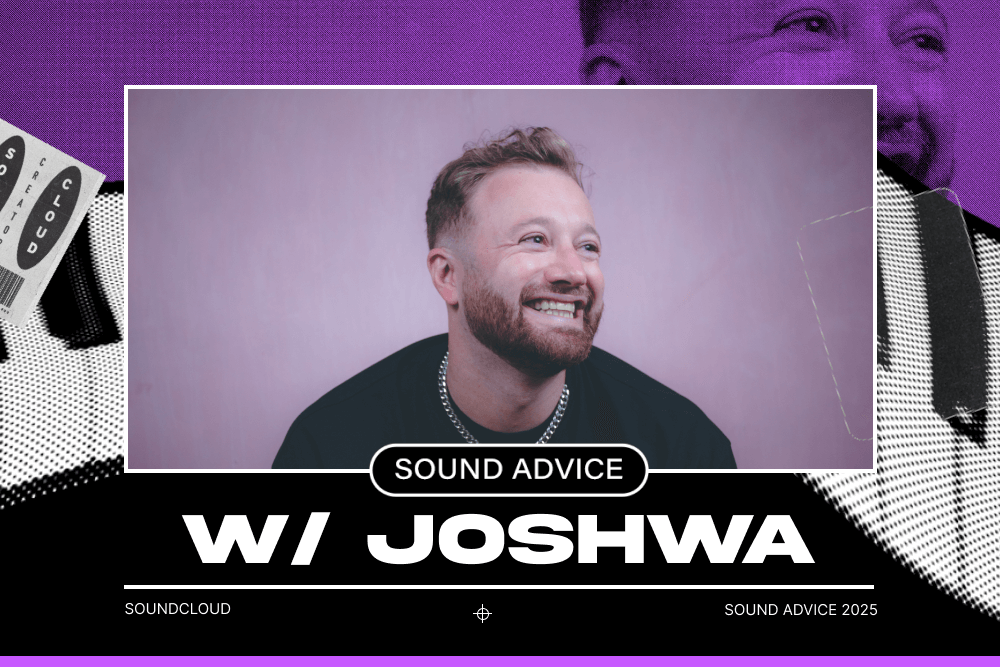
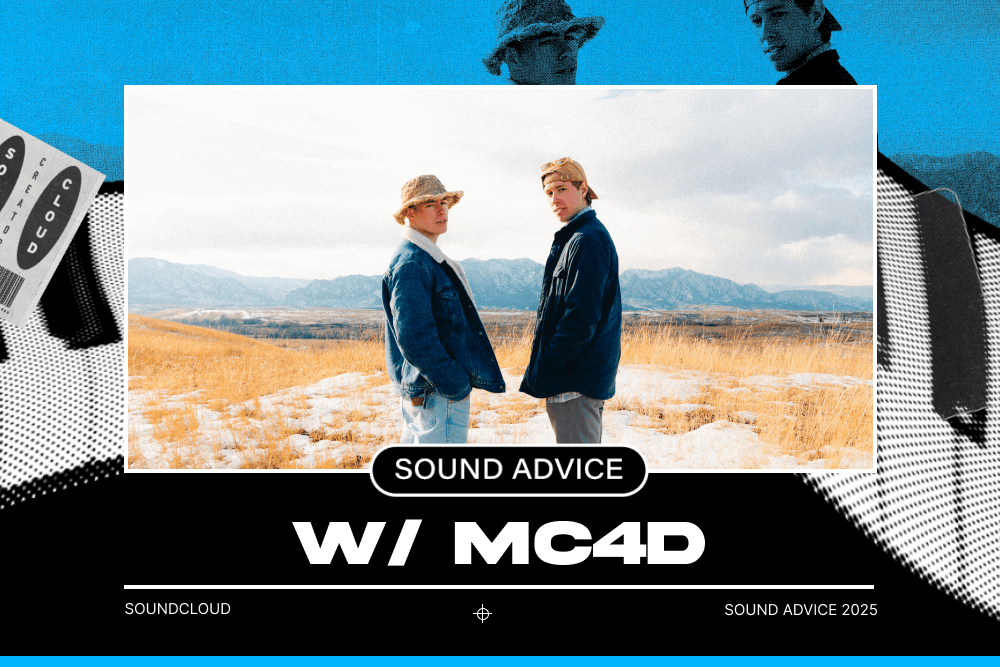



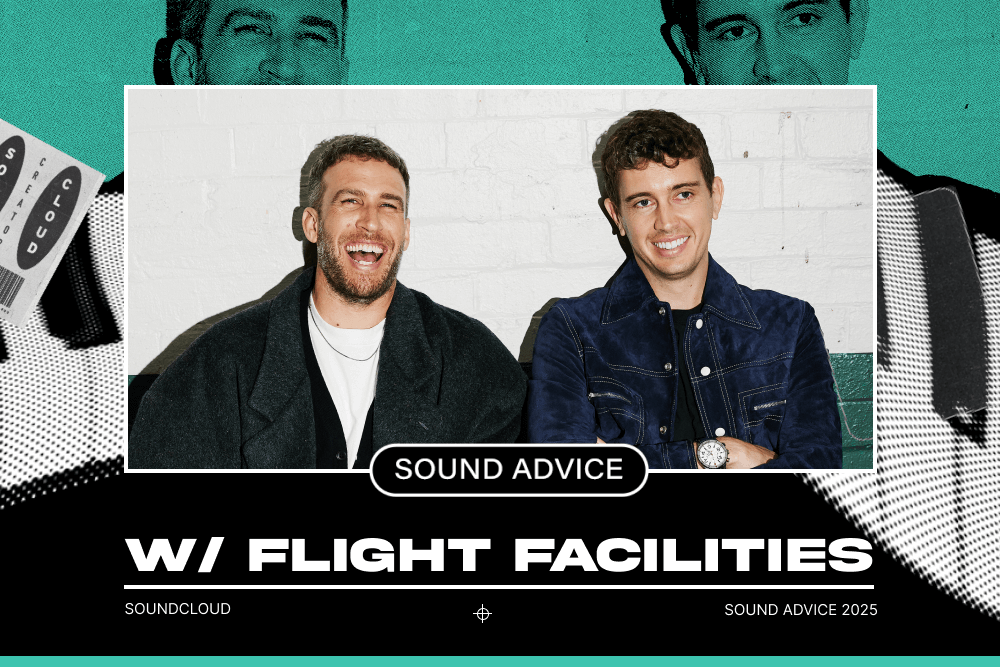


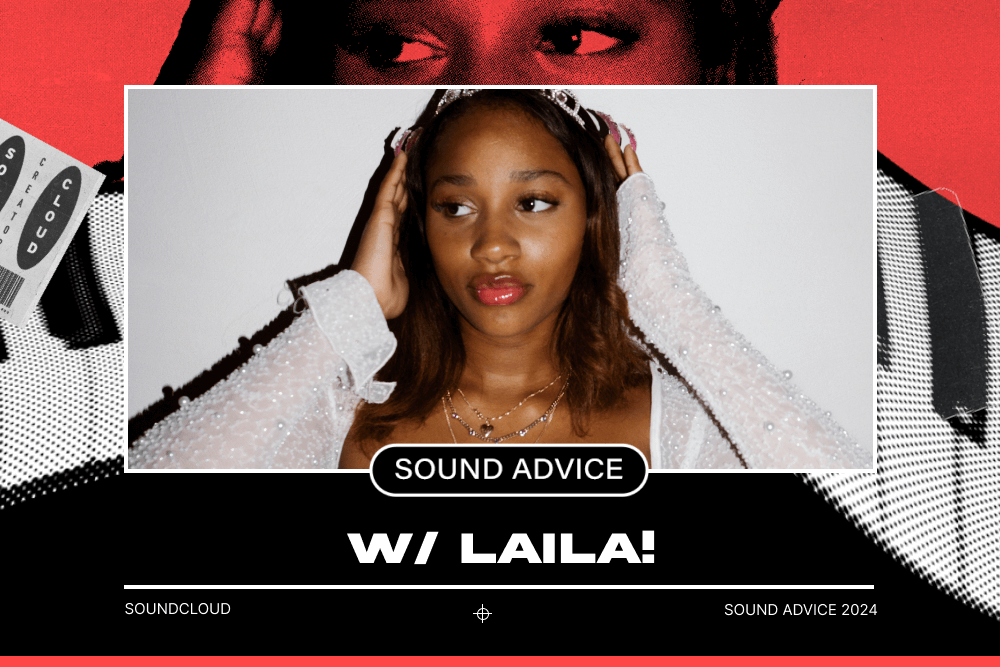
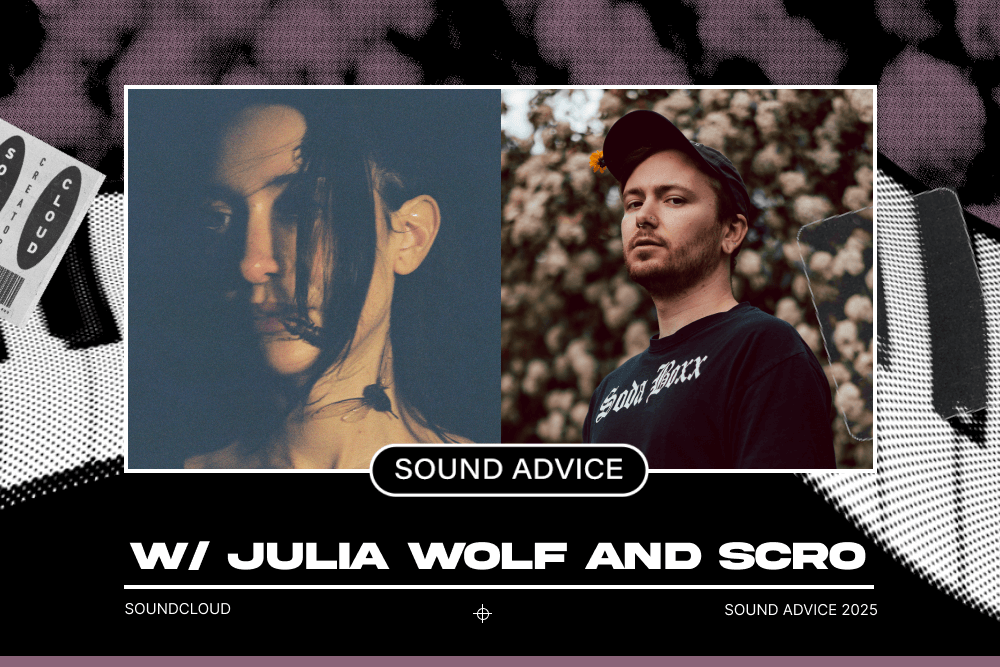
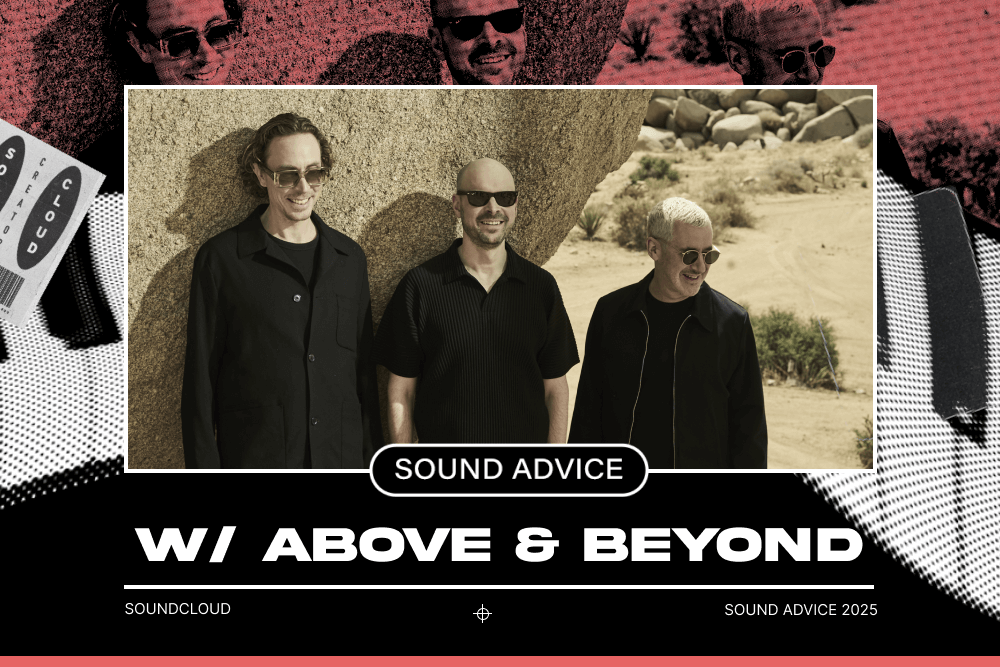
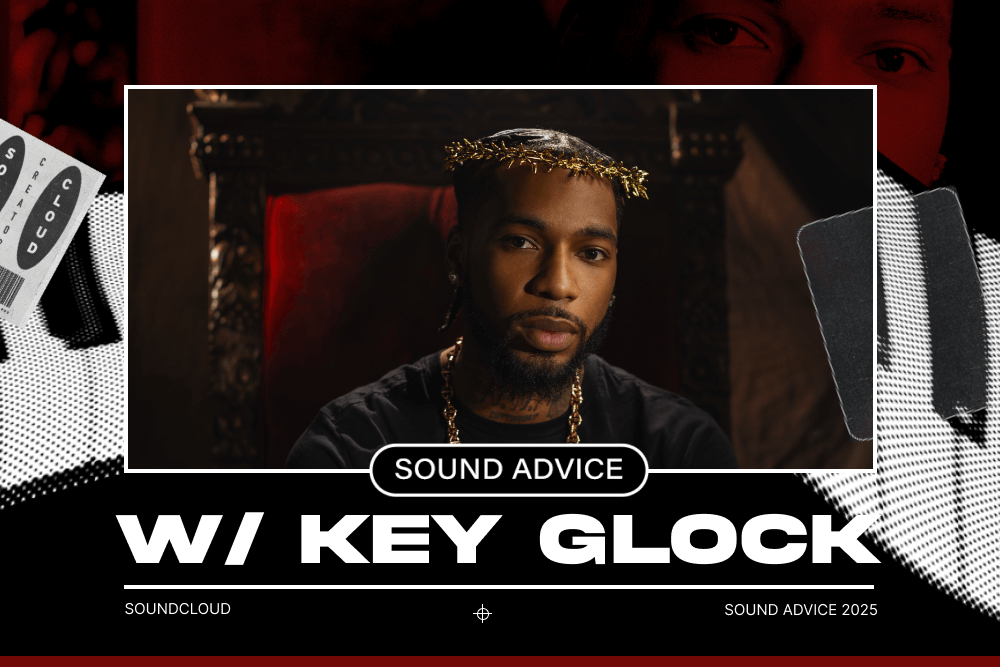

.png)

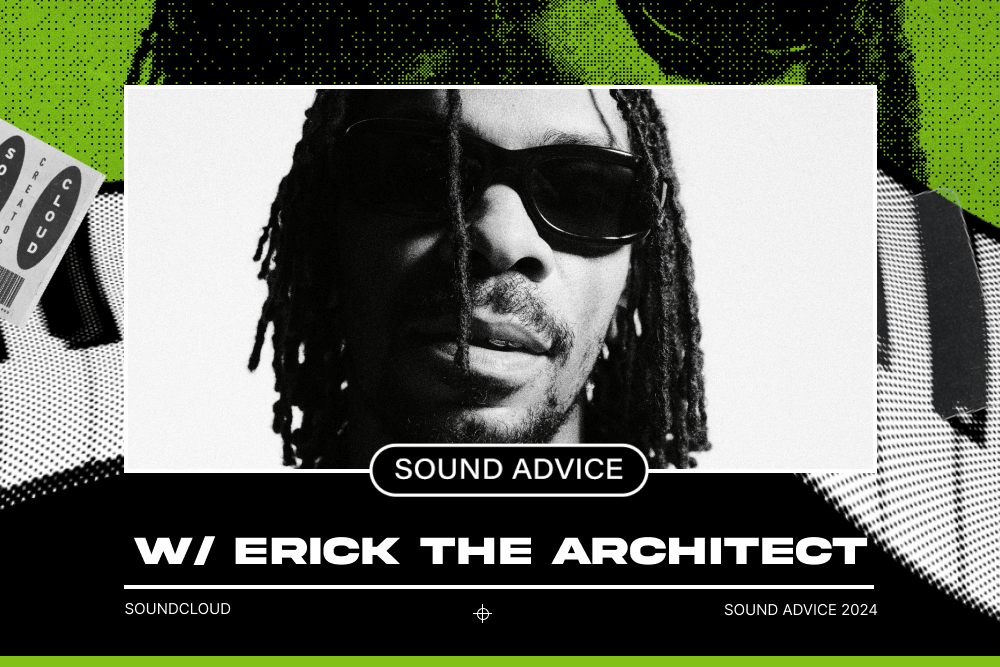
.png)

